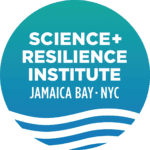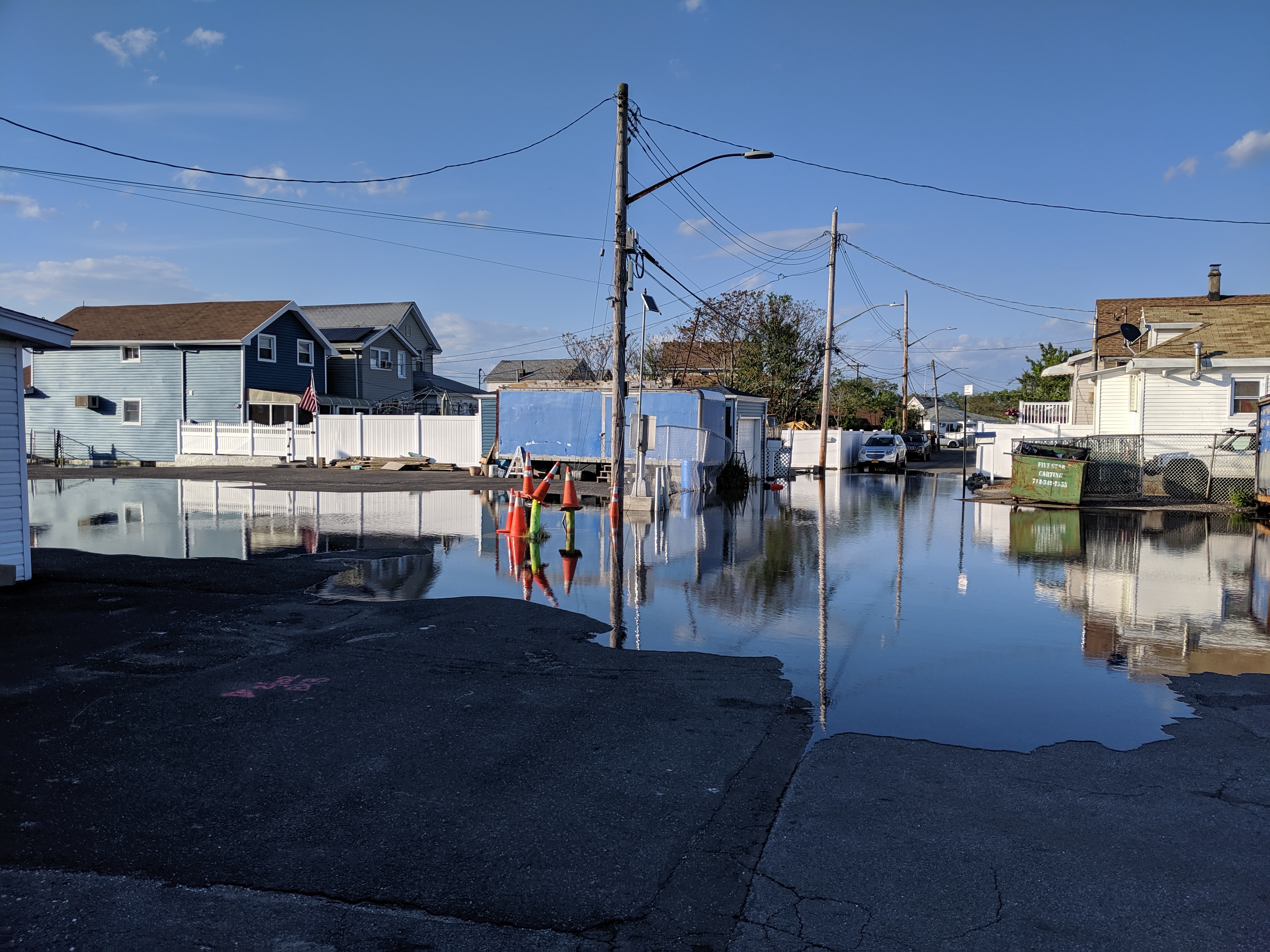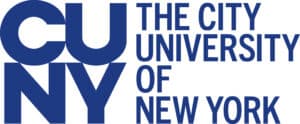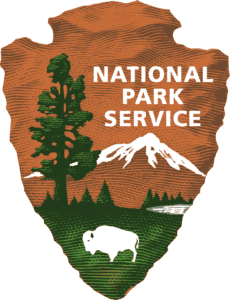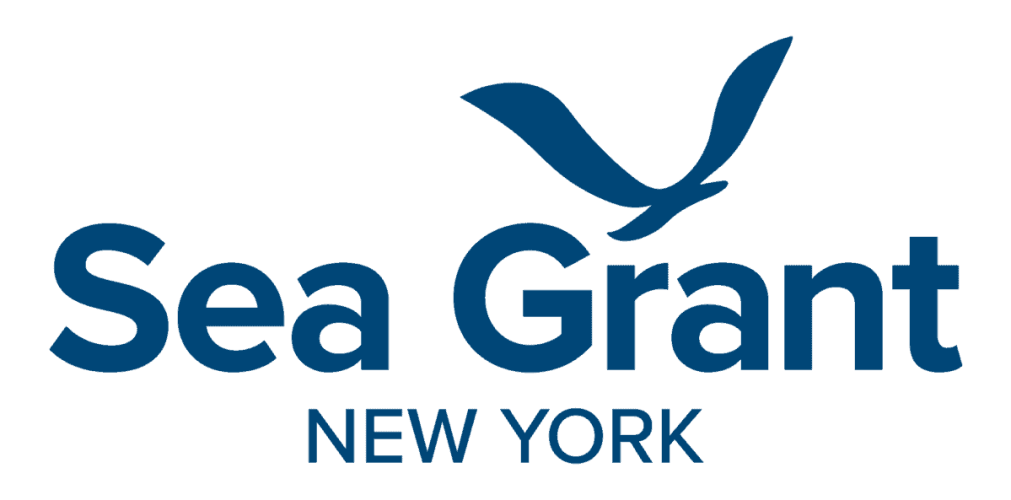Due to sea level rise, flooding in neighborhoods around Jamaica Bay is becoming more frequent and widespread. The Science and Resilience Institute works with residents, researchers and agencies to build collective knowledge about the location, timing and impacts of current and future flooding. This local, science-based information is a critical part of developing resilient solutions.
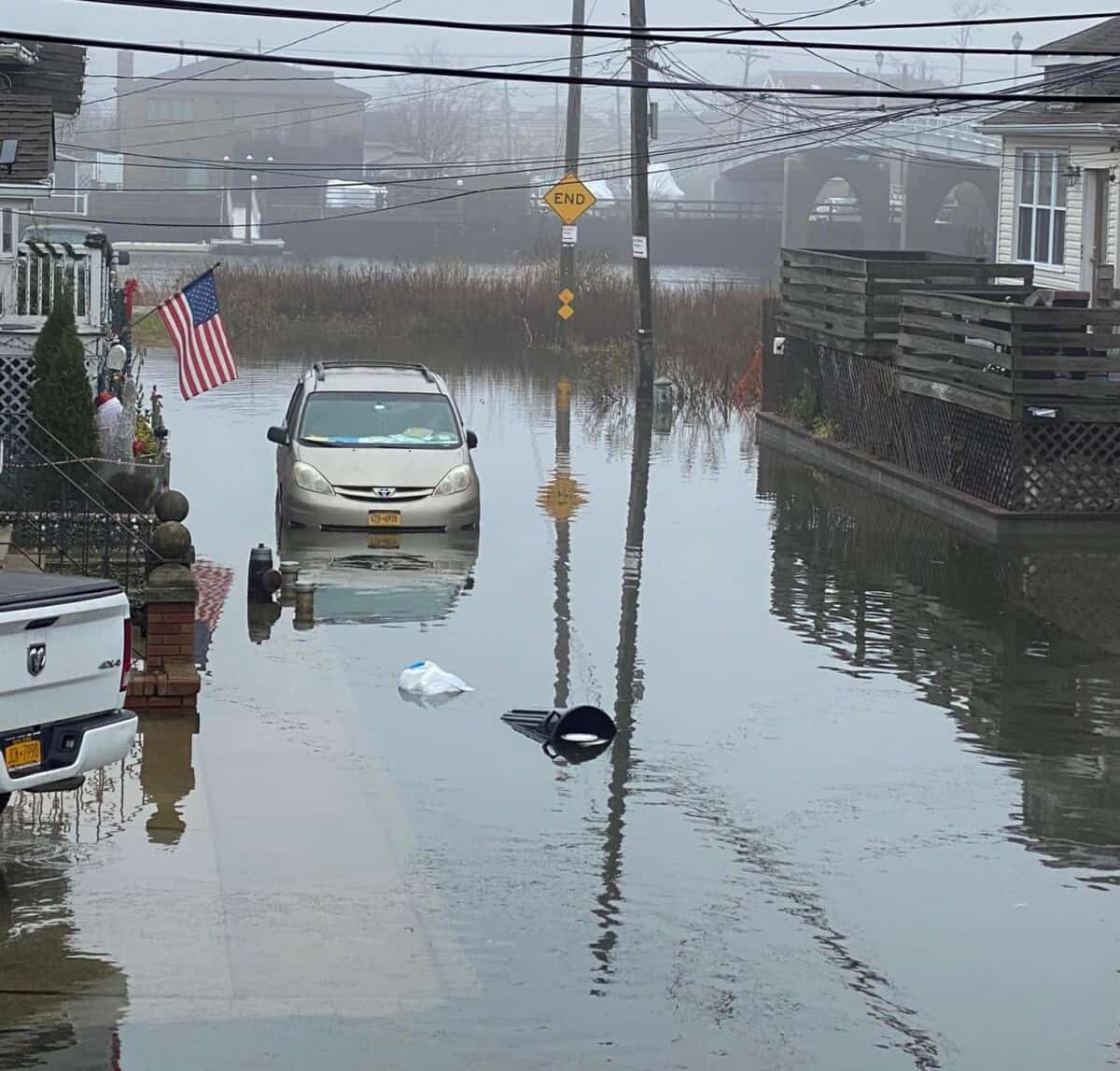
Supporting Knowledge and Action
Flooding is a threat to the livelihoods and well-being of the communities that experience it, any of which face a larger suites of challenges shaped by historical legacies of racism and inequality. Within New York City, flooding stems from various places. Research and policy often focus on specific types of flooding, but flood waters can seriously impact streets, homes, businesses, subways, schools, and infrastructure regardless of the cause. As a result, academic institutions that help create a bridge between knowledge about flooding and action, can also support intentional collaboration amongst stakeholders and sustained impact.
Serving this role, SRIJB engages in a portfolio of projects, in the Jamaica Bay watershed and beyond, that demonstrate the value of using science to empower communities; but also leveraging communities to reinforce the strength and relevancy of the science. Projects like Community Flood Watch and FloodNet exemplify this and have emerged from frequent and sustained dialogue with Jamaica Bay communities.
Current Projects
Community Flood Watch Project
FloodNet
Jamaica Bay Community Flood Fellowship Program
Blogs related to flooding:
Cycles of Resilience: Energizing and Learning
“Is it safe to eat fish in Paerdegat basin?” This question was just one of dozens of burning questions answered at the first-ever game of
Science & Resilience Institute at Jamaica Bay Awarded More than $500,000 to Support Initiatives That Help New York City Communities Address the Impacts of Climate Change
Generous gifts from the Bernard and Anne Spitzer Trust and others support resilience planning that gives residents and community leaders a more central role. The
Natural and Nature-Based Features across New York State
Since starting in January, the ‘Measuring Success” project has progressed toward developing a state-wide monitoring framework for natural and nature-based features. Funded by NYSERDA, NYS
Welcome Fulbright Visiting Scholar Professor Marcelo de Andrade Romero
The Institute welcomes Fulbright Visiting Scholar Professor Marcelo de Andrade Romero from the University of São Paulo (Brazil). The Fulbright Visiting Scholar Program provides grants
Cycles of Resilience: Energizing and Learning
“Is it safe to eat fish in Paerdegat basin?” This question was just one of dozens of burning questions answered at the first-ever game of
Science & Resilience Institute at Jamaica Bay Awarded More than $500,000 to Support Initiatives That Help New York City Communities Address the Impacts of Climate Change
Generous gifts from the Bernard and Anne Spitzer Trust and others support resilience planning that gives residents and community leaders a more central role. The
Natural and Nature-Based Features across New York State
Since starting in January, the ‘Measuring Success” project has progressed toward developing a state-wide monitoring framework for natural and nature-based features. Funded by NYSERDA, NYS
Welcome Fulbright Visiting Scholar Professor Marcelo de Andrade Romero
The Institute welcomes Fulbright Visiting Scholar Professor Marcelo de Andrade Romero from the University of São Paulo (Brazil). The Fulbright Visiting Scholar Program provides grants
